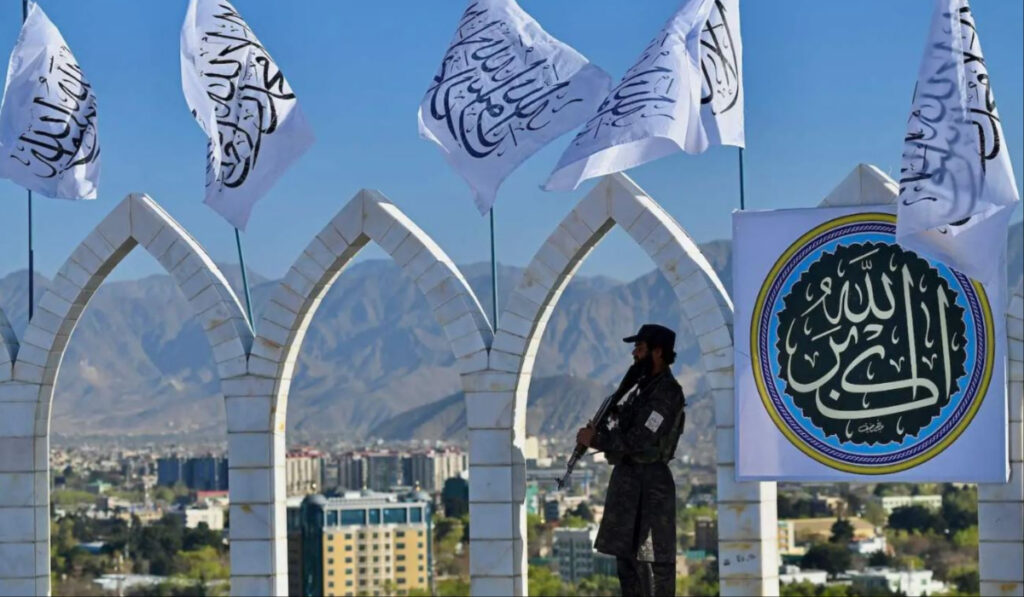The US intelligence community, in its annual assessment, has stated that near-term prospects for resistance threatening the Taliban regime remain low. This is attributed to the Afghan public’s war weariness and fear of Taliban reprisals, coupled with the armed remnants’ lack of strong leadership and external support.
According to the assessment, the Taliban has consolidated its power in Afghanistan by suppressing anti-Taliban groups, enhancing international engagement, and continuing to enforce theocratic rule. However, it is unlikely to address the country’s ongoing humanitarian crisis or structural economic issues adequately.
The report further notes that the Taliban will persist in implementing restrictive measures, conducting public punishments, suppressing protests, and barring most women and girls from secondary education and university attendance.
Despite these internal policies, the likelihood of regime-threatening resistance is low, mainly due to the Afghan populace’s fatigue from prolonged conflict and apprehension about Taliban retribution, as well as the opposition’s fragmented leadership and lack of international backing.
The document also mentions that regional powers are primarily focused on containing the situation within Afghanistan and are exploring transactional arrangements with the Taliban, proceeding cautiously regarding formal recognition.
Additionally, the assessment indicates that US persons and interests, both domestically and internationally, will continue to face threats from terrorism, characterized by a diverse ideological spectrum. These threats are more likely to arise from small cells or individuals motivated by foreign terrorist organizations and violent extremist ideologies.
Although al-Qaida is at an operational low in Afghanistan and Pakistan, and ISIS has suffered significant leadership losses in Iraq and Syria, their regional affiliates are expected to grow. This expansion underscores a shift in the global Sunni jihad’s focal point to Africa.
ISIS-Khorasan aims to challenge the Taliban regime’s legitimacy by intensifying attacks against foreign interests in Afghanistan, according to the report.
The threat of Daesh was also discussed at a US Senate session on Monday.
“Following our chaotic withdrawal from Afghanistan, we’ve witnessed a significant increase in ISIS-led terrorist attacks, numbering nearly 200 and resulting in approximately 1,300 casualties. This clearly demonstrates that the Taliban is either unwilling or incapable of controlling terrorist groups,” said US Sen. Susan Collins during the session.
Addressing the threat from Daesh, US National Intelligence Director Avril Haines told the Senate Intelligence Committee, “You’re correct that ISIS poses a significant counterterrorism concern. However, most of the attacks you’ve referenced have been carried out by ISIS factions outside Afghanistan. Within Afghanistan, ISIS remains a concern, ironically posing a threat to the Taliban itself. In response, the Taliban has acted against ISIS in ways that align with our counterterrorism efforts.”
The US intelligence agencies’ annual threat assessment indicates that regional powers will mainly aim to manage challenges within Afghanistan, yet they will proceed cautiously in recognizing the Taliban. The Taliban has not commented on this assessment.





